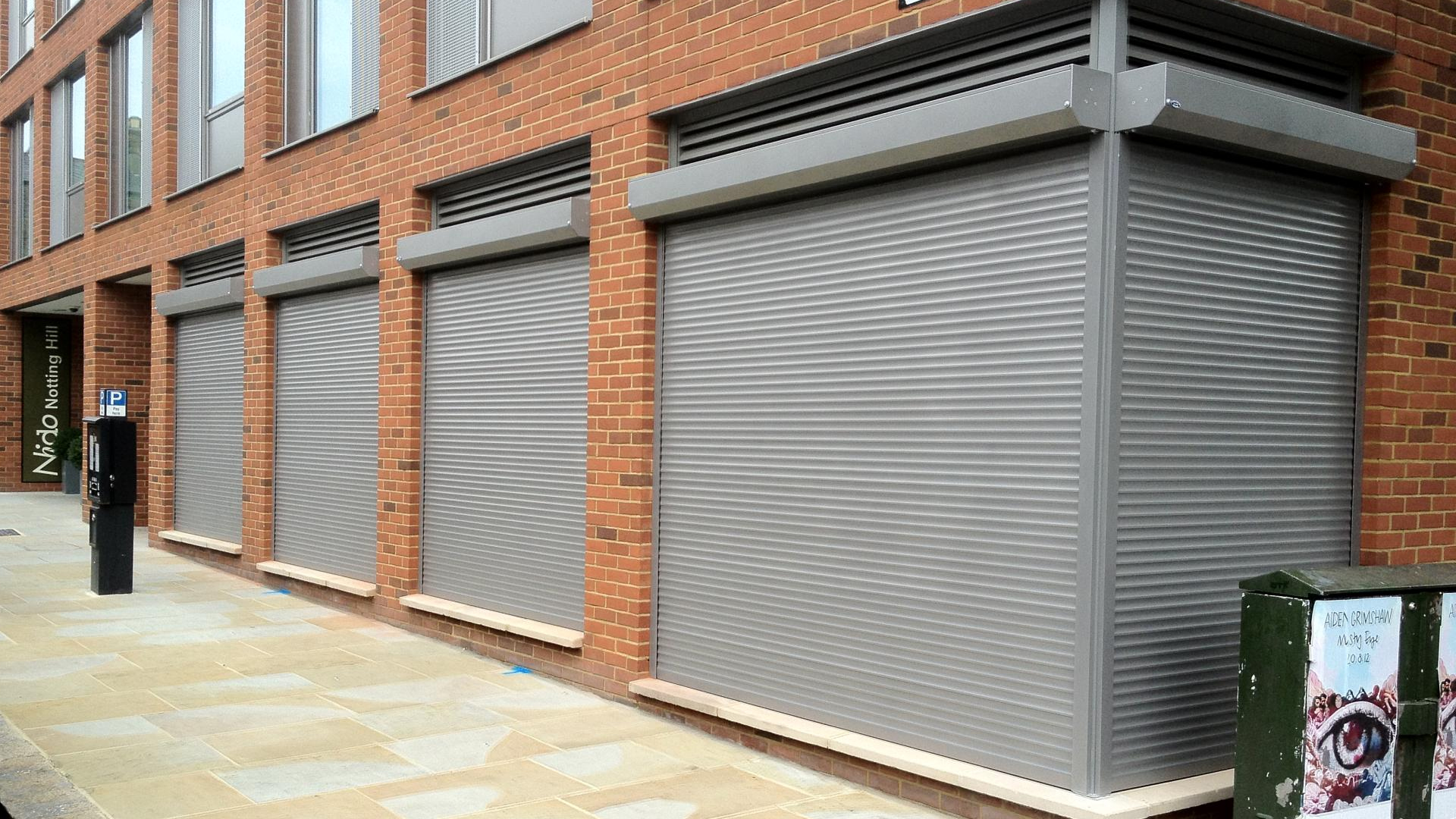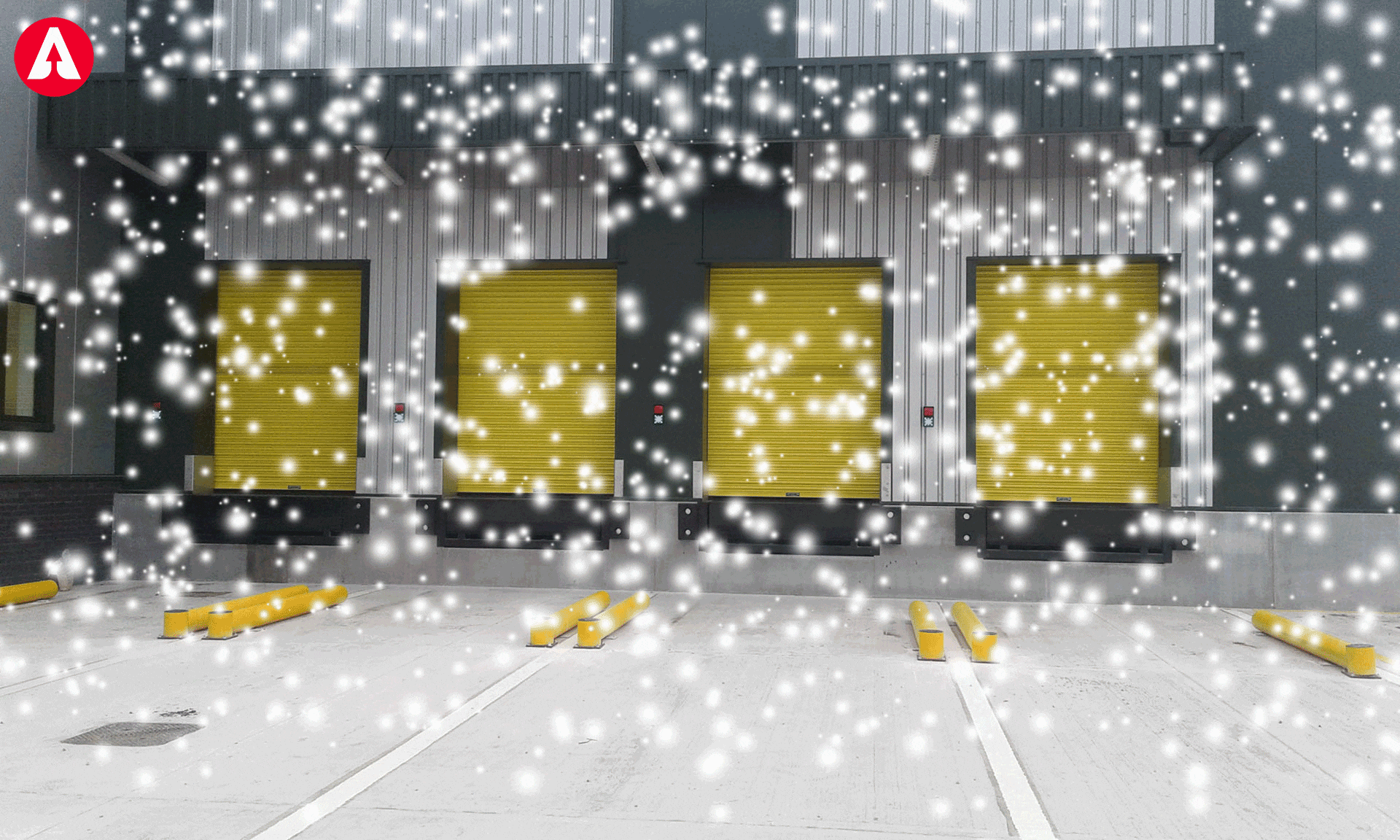

We’re sorry to be the bearers of bad news, but winter is on its way. The temperature is already dropping and with cold weather, we start to look at our winter wardrobe and pull out the heavy coat, the scarf, the gloves. Just as cold temperatures force us to change our ways and how we protect ourselves, your doors will need to be looked after and prepared for winter also.
❄️Winter can have a significant impact on industrial doors and how they function due to a combination of temperature-related factors.
1. Temperature Extremes: Industrial doors are often made of metal, which is highly susceptible to temperature fluctuations. In winter, especially in colder climates, temperatures can drop significantly. When metal contracts in cold temperatures, it can lead to issues such as warping, jamming, or difficulty in opening and closing the doors. This can impair the functionality and safety of industrial doors.
2. Ice Formation: Winter weather can lead to the formation of ice on and around industrial doors. Ice can accumulate on door tracks, hinges, and seals, causing doors to become stuck or difficult to operate. Additionally, the weight of ice can put extra strain on the door mechanisms, potentially leading to damage or malfunction.
3. Reduced Lubrication: Cold temperatures can cause lubricants used in door mechanisms to thicken or become less effective. Lubrication is essential for smooth door operation. When it’s not sufficient, doors may operate more slowly or become prone to jamming.
4. Seal Compression: Industrial doors often have weather seals or gaskets that help maintain temperature control and prevent drafts. In extremely cold conditions, these seals can become rigid and less flexible, which may lead to air leakage, heat loss, or the ingress of cold air, affecting the energy efficiency of the facility.
5. Electrical and Motor Issues: Many industrial doors are equipped with electrical motors and control systems. Cold temperatures can affect the performance of these components, potentially leading to electrical malfunctions or motor failures.
6. Malfunctioning doors can pose security risks, as they may not close properly, potentially allowing unauthorized access or compromising the security of the facility.
Our expert team are on hand with a national network of engineers, ready to give your doors their MOT in readiness for winter. With a 24/7 emergency call out facility as well as a raft of pre-planned maintenance programmes, we can keep you going through the winter and beyond.








